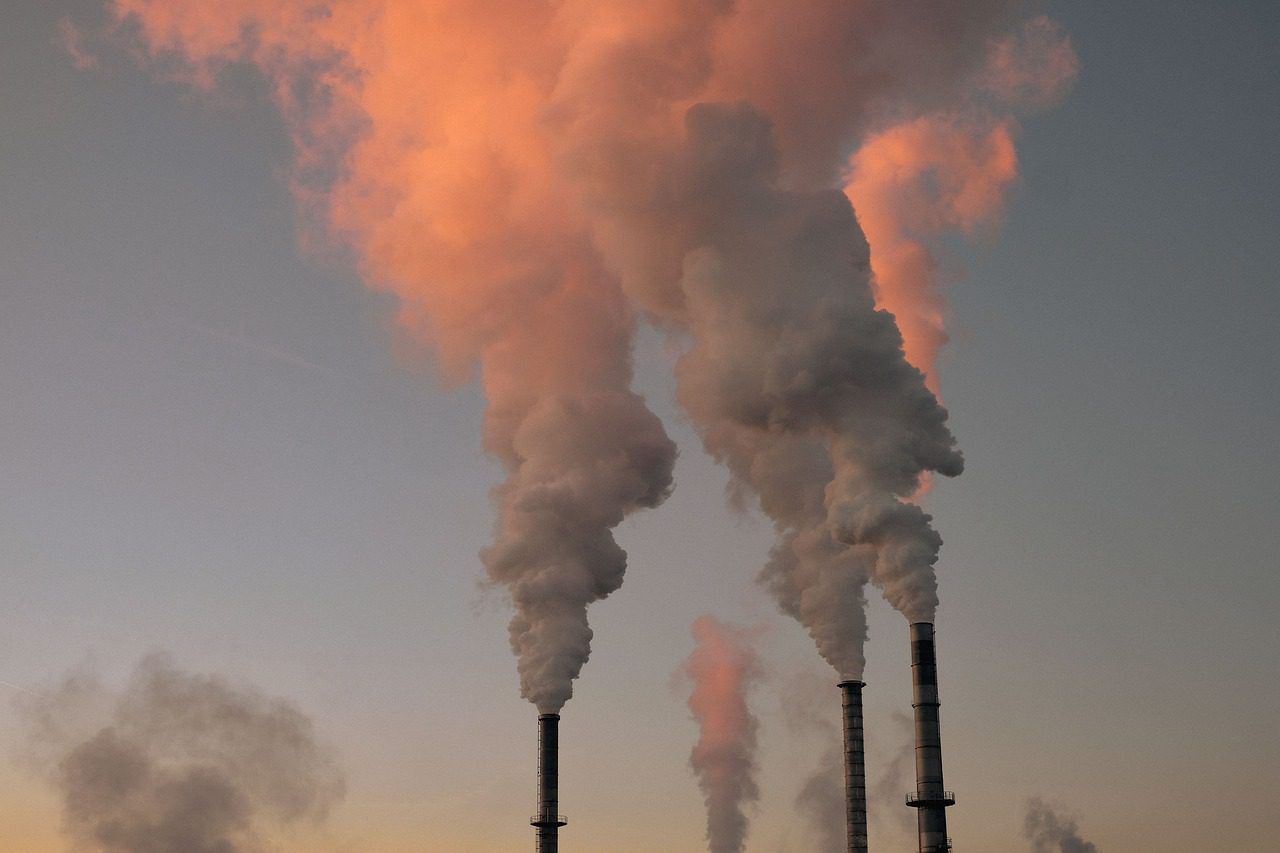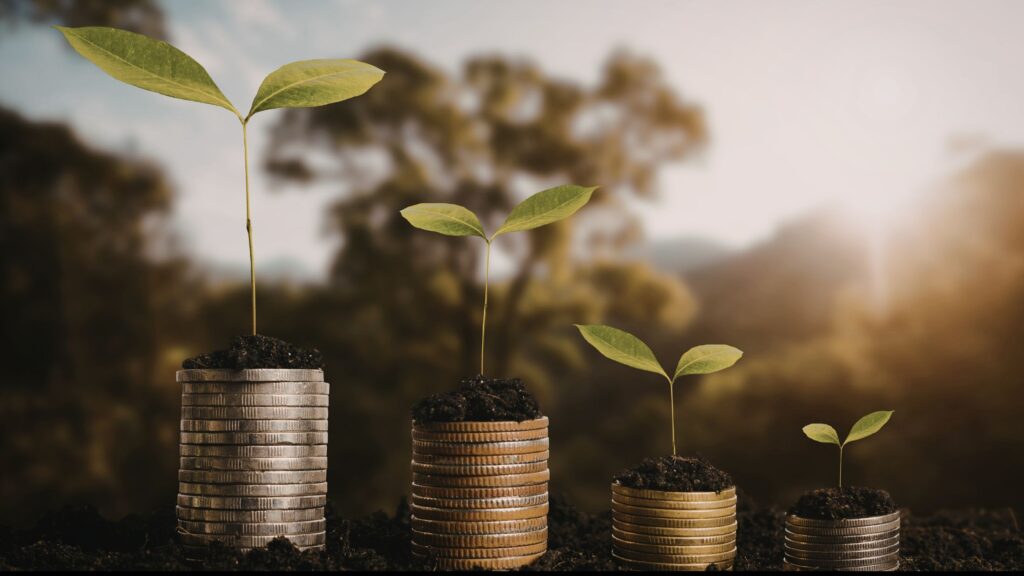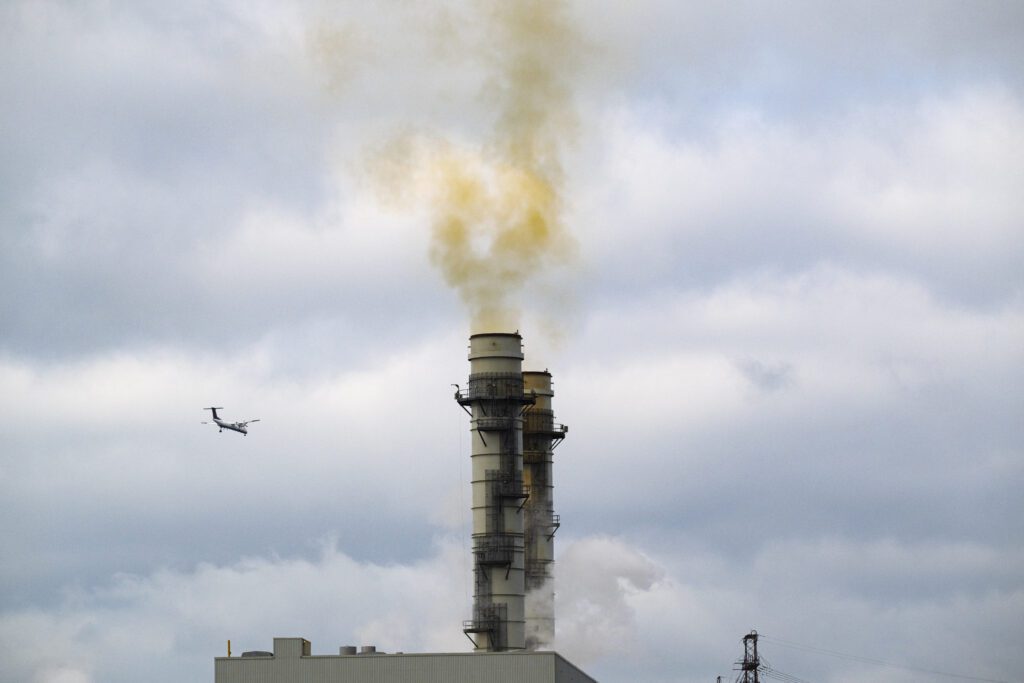This year’s annual global climate negotiations, COP29, concluded with an inadequate commitment on climate finance which countered the Paris Agreement’s foundational principles of global climate justice.
When countries signed the Paris Agreement in 2015, they agreed that wealthy countries would provide financing to the most vulnerable countries (often referred to as the Global South) to help advance global climate action and respond to climate disasters. Meeting this promise of climate finance was the priority at this COP.
Over 190 nations gathered to negotiate the new climate finance commitment. The negotiations are challenging – but wealthy countries did not show up with the funds for collective climate action, and therefore did not show up with a fair spirit of delivering what they had committed to under the Paris Agreement. The final decision was steamrolled through despite opposition from the world’s most vulnerable nations.
Experts recognize that over $1.3-trillion must be mobilized every year to transition away from fossil fuels, scale up clean energy, and adapt to climate damages. Only $300-billion was offered as a commitment at COP29, and even this was rife with loopholes. A $300-billion commitment sounds like a lot, at first. But by contrast, countries provide subsidies to oil and gas companies that exceed $1.3-trillion each year, and these companies collect trillions in profits as a result. Those funds could be redirected towards financing climate action globally.
We all know a dollar does not go as far as it used to. When you account for inflation, the new target of $300 billion barely exceeds the previous global commitment that was set in 2009, despite increasing climate damages and the growing urgency of climate action.
In the past years, we experienced climate damages that harmed communities and cost billions of dollars, at home in Canada and around the world. Mitigating climate change by ending pollution from oil and gas is the only way to reduce these damages. Countries like Canada owe a climate debt to vulnerable communities based on our historically high emissions; yet even independent of this, providing financing for climate action to the Global South is important. Climate action is a team sport. We can only win if everyone brings all they have onto the rink to help any teammate score a goal.
The outcome of COP29 advanced the conversation on global climate finance and provided a foundation to build on. The commitment itself fell short, but increases and improvements in the years ahead are possible. For next year’s negotiations to be more successful, wealthy high emitting countries need to play our role on the global team.
Moving to COP30, countries like Canada must deliver finance that actually meets what is needed. We also need to strengthen our own climate action at home. For example, the next round of national climate plans under the Paris Agreement are due in February. Canada’s current emissions reduction plan is currently not on track to keep our homes and communities safe from climate disaster. We will need to deliver a stronger plan, both to reduce emissions at home and scale up climate finance globally, to align with our fair share.








